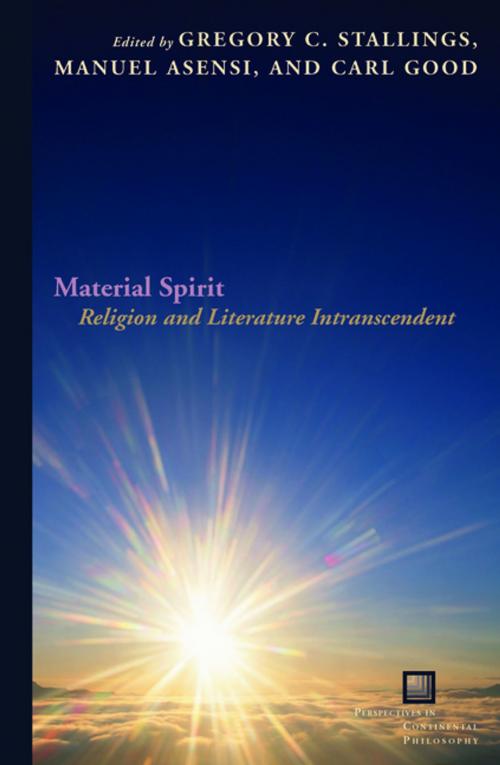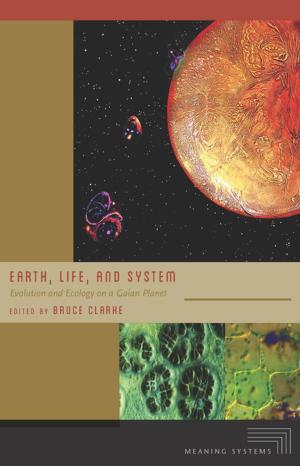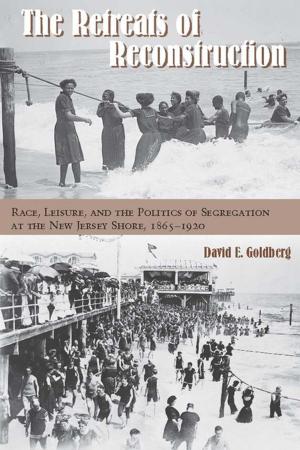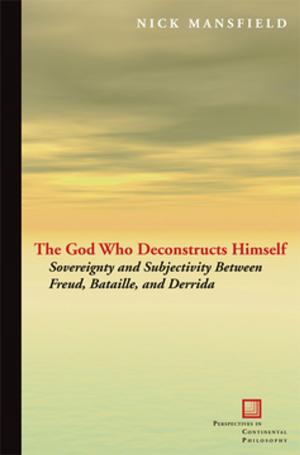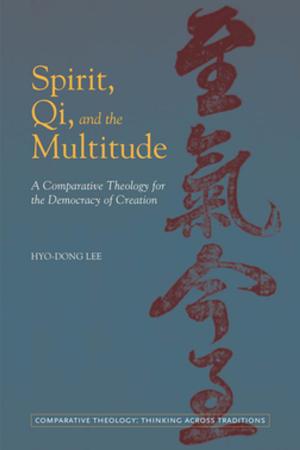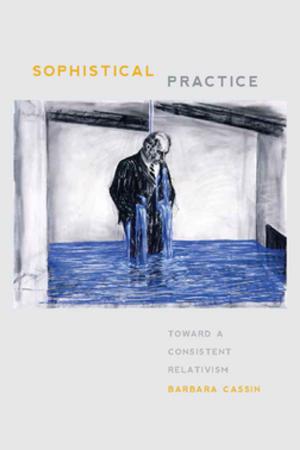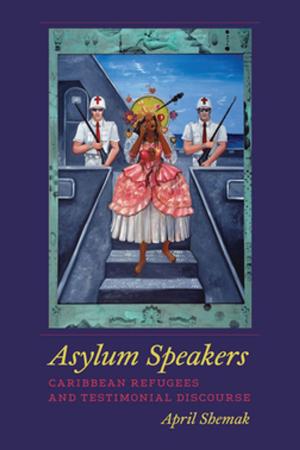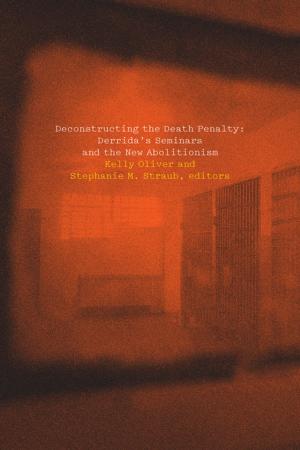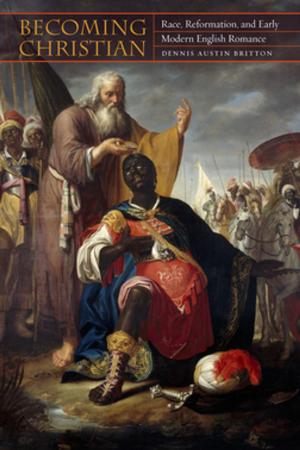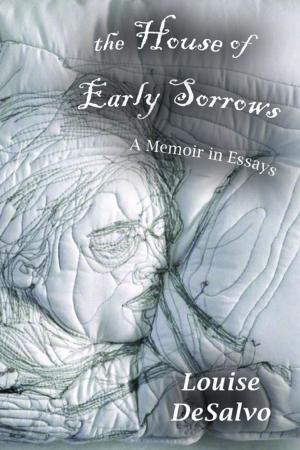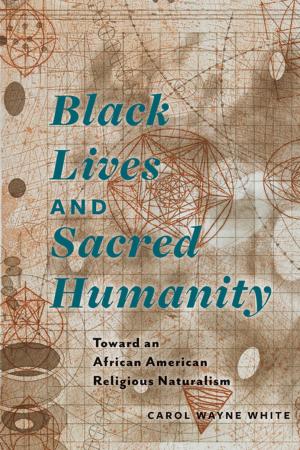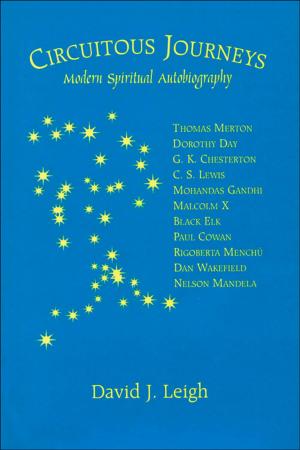Material Spirit
Religion and Literature Intranscendent
Fiction & Literature, Literary Theory & Criticism, Nonfiction, Religion & Spirituality, Philosophy| Author: | Manuel Asensi, Carl Good | ISBN: | 9780823255429 |
| Publisher: | Fordham University Press | Publication: | December 2, 2013 |
| Imprint: | Fordham University Press | Language: | English |
| Author: | Manuel Asensi, Carl Good |
| ISBN: | 9780823255429 |
| Publisher: | Fordham University Press |
| Publication: | December 2, 2013 |
| Imprint: | Fordham University Press |
| Language: | English |
The essays in this collection examine philosophical, religious, and literary or artistic texts using methodologies and insights that have grown out of reflection on literature and art. In them, them phrase “material spirit” becomes a point of departure for considering the continuing spectral effects of religious texts and concerns in ways that do not simply call for, or assume, new orrenewed forms of religiosity.
The writers in this collection seek to examine religion beyond traditional notions of transcendence: Their topics range from early Christian religious practices to global climate change. Some of the essays explore religious themes or tones in literary texts, for example, works by Wordsworth, Hopkins, Proust, Woolf, and Teresa of Avila. Others approach—in a literarycritical
mood—philosophical or para-philosophical writers such as Bataille, Husserl, Derrida, and Benjamin. Still others treat writers of a more explicitly religious orientation, such as Augustine, Rosenzweig, or Bernard of Clairvaux.
The essays in this collection examine philosophical, religious, and literary or artistic texts using methodologies and insights that have grown out of reflection on literature and art. In them, them phrase “material spirit” becomes a point of departure for considering the continuing spectral effects of religious texts and concerns in ways that do not simply call for, or assume, new orrenewed forms of religiosity.
The writers in this collection seek to examine religion beyond traditional notions of transcendence: Their topics range from early Christian religious practices to global climate change. Some of the essays explore religious themes or tones in literary texts, for example, works by Wordsworth, Hopkins, Proust, Woolf, and Teresa of Avila. Others approach—in a literarycritical
mood—philosophical or para-philosophical writers such as Bataille, Husserl, Derrida, and Benjamin. Still others treat writers of a more explicitly religious orientation, such as Augustine, Rosenzweig, or Bernard of Clairvaux.
